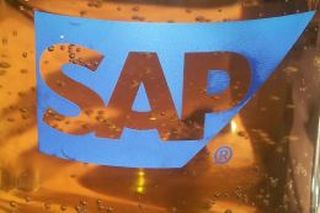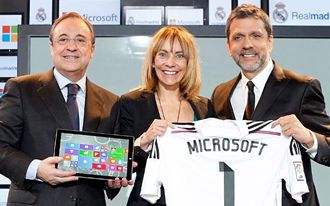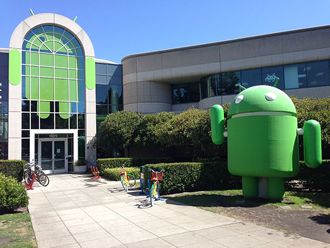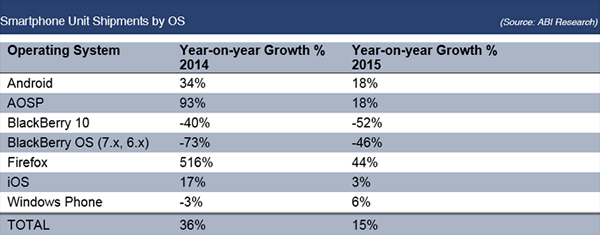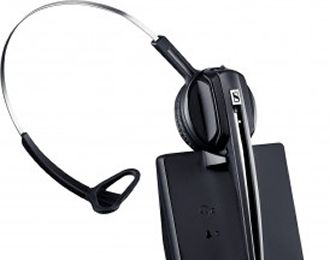 Human rights organisation Amnesty International said today it and other organisations have released software to detect spyware.
Human rights organisation Amnesty International said today it and other organisations have released software to detect spyware.
The software – called Detekt – scans PCs and detects surveillance software, some of which is used by governments to spy on journalists and other activists.
Marek Marczynski, head of military security and police at Amnesty said: “Goverments are increasingly using dangerous and sophisticated technology that allows them to read activists and journalists’ private emails and remote turn on their computer’s camera or microphone to secretly record their activities.”
He claimed the used the technology “in a cowardly attempt to prevent abuses from being exposed”.
The software is being made available by Amnesty, by the Electronic Frontier Foundation, Privacy International and Digitale Gesellschaft.
Marczynski said: “Detekt is a great tool which can help activists stay safe but ultimately the only way to prevent these technologies from being used to violate or abuse human rights is to establish and enforce strict controls on their use and trade.”





